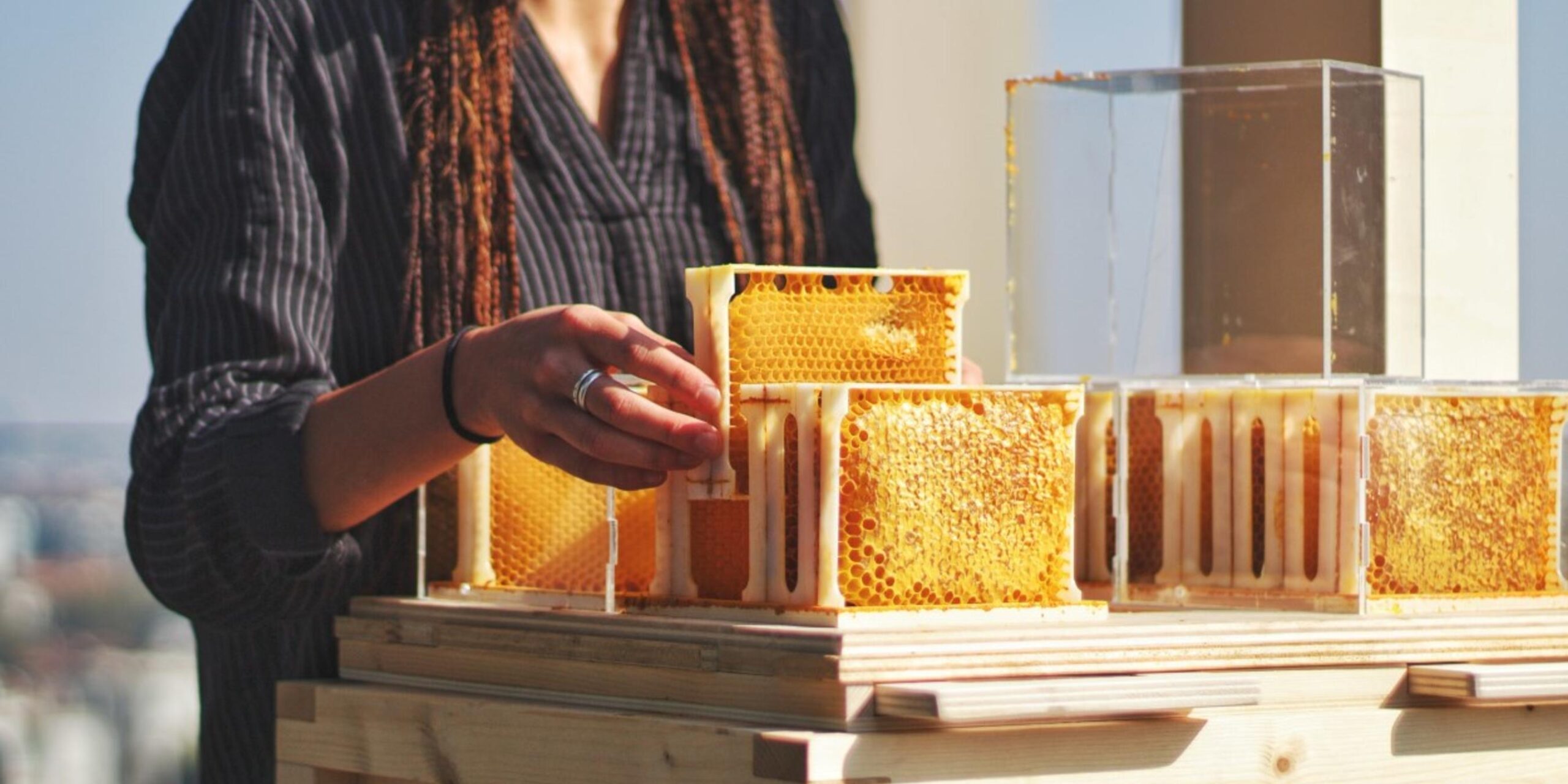Courtesy of Central State University
Central State University is a partner institution on a $10 million award from the U.S. Department of Agriculture National Institute of Food and Agriculture through the From Learning to Leading: Cultivating the Next Generation of Diverse Food and Agriculture Professionals (NEXTGEN) program.
A coalition of two Historically Black Colleges and Universities (HBCUs), Central State University and Lincoln University; one Hispanic-serving institution (HSI), Texas A&M University; and one Research University (RIU), Missouri University of Science and Technology, are working together on award-winning project, “HBCU-HSI-RIU Consortium: A Synergistic Paradigm for Training the Next Generation Agriculture Workforce for a Sustainable Future.”
The project aims to address the impact of the COVID-19 pandemic, nationwide labor shortages, climate change, increasing food safety concerns, and the under-representation of minorities in agriculture-related fields. Team members from partner institutions consist of research, education, and extension professionals to maximize the impact on minority populations from grades K-12 to graduate school.
Dr. Hongmei Li-Byarlay, research associate professor of entomology and project director for Pollinator Health, Agricultural Research Development Program, serves as the principal investigator (PI) for Central State. The Central State co-PIs are Drs. Sakthi Kumaran Subburayalu, Sharath Krishna, and Prosper Doamekpor — each of whom has a wealth of knowledge and expertise in agriculture and minority workforce development.
Central State’s major project goal is to establish an inter-institutional collaborative graduate program that emphasizes soil sciences and entomology. This initiative complements Central State’s existing programs in sustainable agriculture, water resources management, environmental engineering, and experiential learning. Undergraduate students currently conduct research in soil conservation, integrated pest management, pollinator health, horticulture, and other relevant topics.
In addition to the new graduate program, the project will support courses on precision agriculture and drone application, yearly geospatial information science activities, a summer workshop on regenerative agriculture, professional learning and scholarships, youth programming, and other related initiatives across the four consortium institutions.
“The NEXTGEN project presents an exciting opportunity for Central State to increase its impact on the next generation of agricultural workers by supporting increased minority participation and knowledge attainment. The grant will also help us to recruit outstanding students for the agricultural workforce,” said Li-Byarlay.
Read more about how key research at Central State is advancing the growth of agricultural industry leaders of color from the Dayton Daily News.

